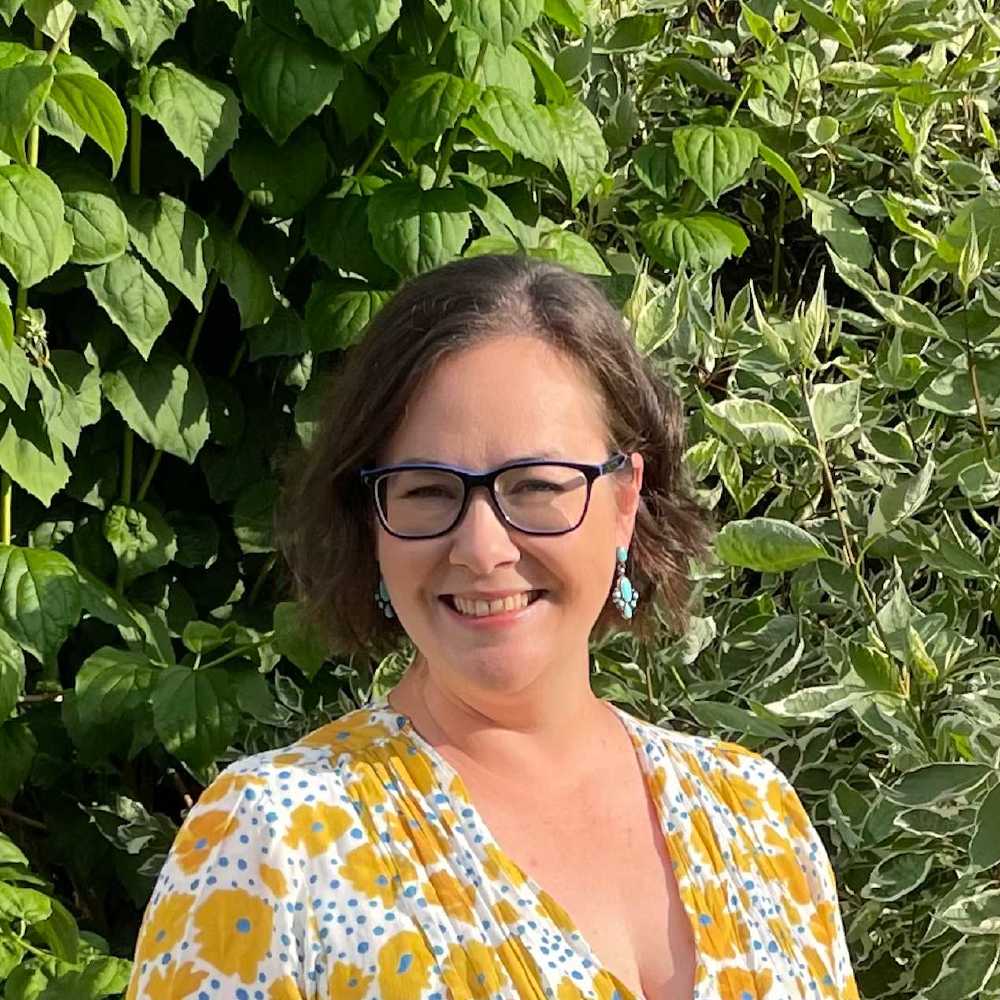Is Happiness really what we all want for ourselves, our friends and families and our children? We speak with Sarah Metcalfe, Chief Happiness Officer & Founder, Happy Coffee Consulting...

Sarah Metcalfe
What is happiness?
Sarah said;
“Happiness is something that has been worked on being defined for millennia. From roman philosophers to scientists today.
“One of my favourite definitions is by Sonja Lyubomirsky in her book The How of Happiness she defines happiness as
“The experience of joy, contentment, or positive well-being, combined with a sense that one's life is good, meaningful, and worthwhile.”
Happiness is really what we want for ourselves, our friends and families and our children. If you ask people what they want for those they love. They want them to be happy.
The UN has even started measuring Gross National Happiness as a predictor of the success of nations.
Happiness is the language of positive emotions.
While I have always been a happy person, my set point for happiness is high. I soon learned that not everyone experiences and views the world in this way – BUT you are able to work on your own happiness by creating a practice – like going to the gym to train your body, or practicing mindfulness to improve your mental health. You can practice and train your brain to notice and be happier.
My focus has been on creating happier workplaces for a number of years, the benefits of creating happier, healthier workplaces is intrinsic to helping us be happier in ourselves.
Why does happiness in the workplace matter?
“We spend more time at work (or doing work) then we do with our spouses, our children and on our hobbies combined. If we spend 1/3 of our life at work, we should not be spending that time being unhappy. It is almost impossible for an unhappy/stressful and difficult job to be
The world of work is broken. Levels of toxic work culture, The Great Resignation, and a global mental health crisis are all pointing to the fact that the way we work is not good for people, for organisations or the planet.
When we speak about happiness at work, I believe the practices will help us to create a world where work is a place we go to be filled up with positive energy.
If work is a place that takes everything from us we will never have the energy to:
· Take care of ourselves
· Take care of our colleagues
· Take care of our families, friends and home lives
· Take care of the world around us
We need to fix the world of work, so that it enables us to change and fix the world around us.
Here are some top tips to create more happiness at work and for yourself:
· Think about your own happiness at work.
o Be aware of your own happiness at work. Check in to notice – how do you feel at work? What brings you that sense of contentment, meaning and connection? Are you doing enough of that?
· Gratitude
o Gratitude helps us notice and appreciate the good things that have happened. Each day write down 3 specific things you were grateful for at work. This helps you train your brain to focus on the positive.
· Work less
o Productivity is a buzz word in business these days, we have been asked to “ do more with less” for so long, that we have stopped being productive, and harmed our resilience. When we slow down, we make more space to do the work that matters, and working less hours is proven to increase productivity. (Check out the 4 Day Work Week movement)
· Focus on connection
o In our every busy world, and high workload, high stress work environments we rarely take the time to connect with our work colleagues. Our sense of team connection and relationships at work have suffered. However enhanced and positive team relationships are how work gets done. High social support is the key to managing high workload. A high workload and low social support is the prescription for burnout at work. Take time to focus on relationships and connecting with your colleagues on a personal level.
· Celebrate progress
o In this ever increasing busy world we will always have more to do. If we didn’t have a “to do” list, then we wouldn’t have a job to do! Instead of thinking of all the things that we have yet to do, take a moment and create a Ta-Dah list. Stop to notice all the work that you have done in any given day/week, and celebrate making meaningful progress in your work.
To find out more and connect with Sarah please visit: happycoffeeconsulting.co.uk

